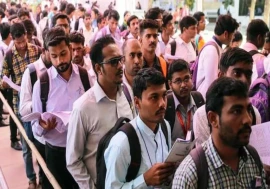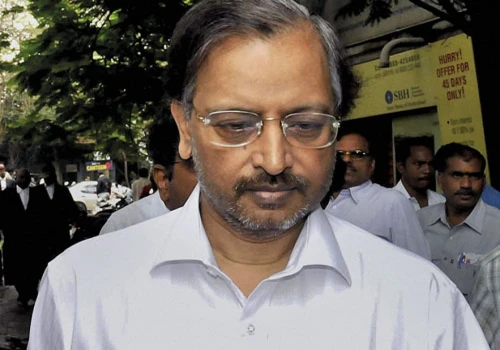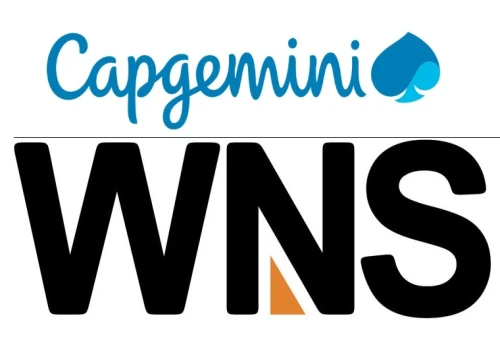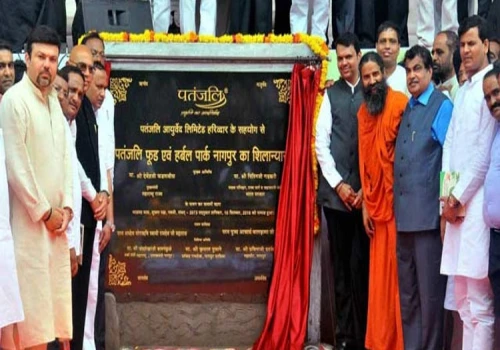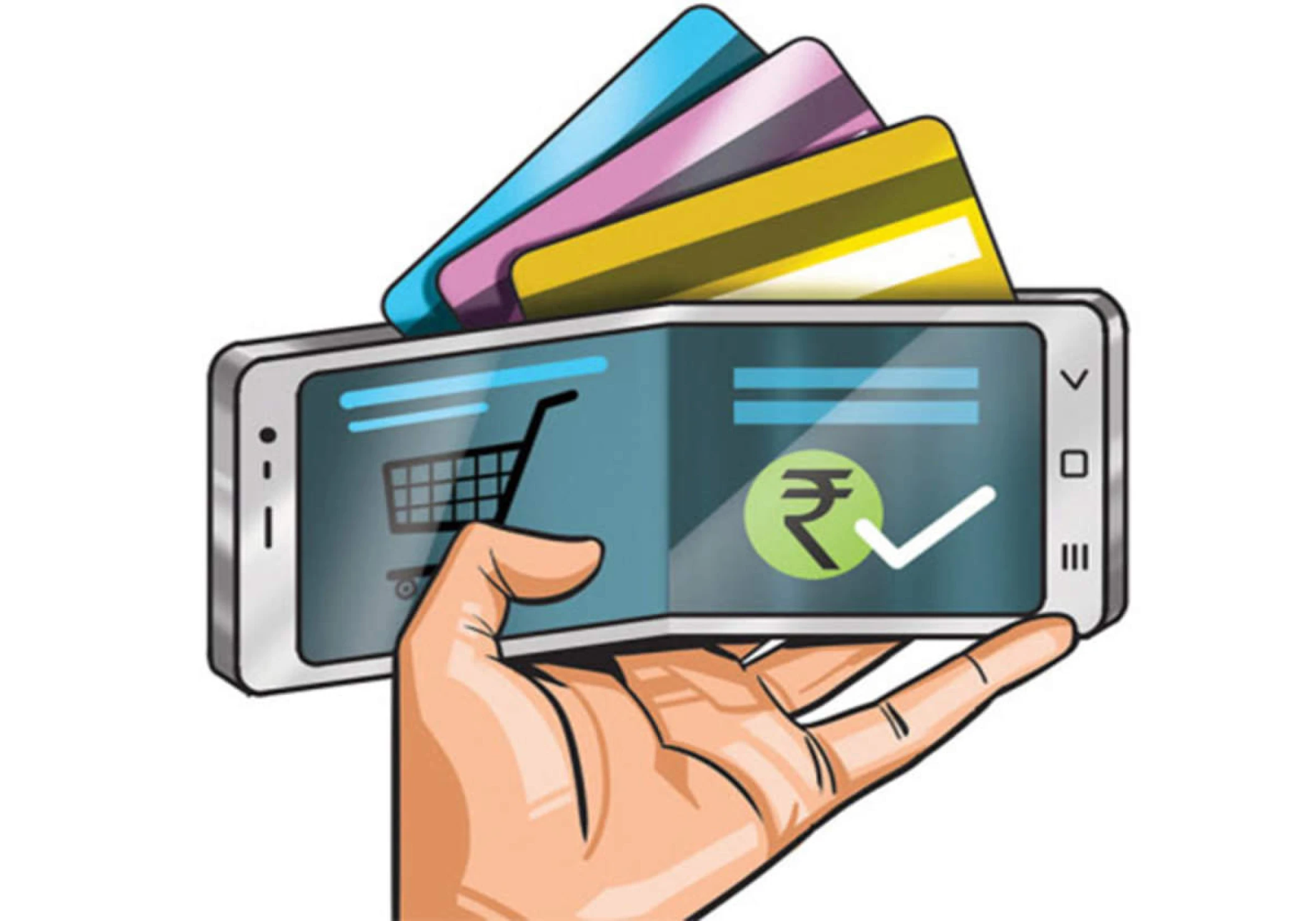
Digital wallets have revolutionized the way Indians pay for their everyday essentials. Gone are the days of fumbling for loose change or swiping bulky debit cards. Today, a quick tap on your smartphone with a digital wallet app is all it takes for a seamless transaction. But with a plethora of options available, choosing the right digital wallet can be a daunting task.
This article explores the top 10 digital wallets in India, providing valuable insights to help you pick the one that best suits your needs.
1. Paytm: The Undisputed King
Paytm reigns supreme in the Indian digital wallet arena, boasting over 350 million registered users. It offers a comprehensive suite of features, including mobile recharges, bill payments, online shopping payments, and peer-to-peer money transfers. Paytm also integrates seamlessly with various physical stores, allowing users to make in-store payments through QR codes.
2. Google Pay: Simplicity and Security
Google Pay, backed by the tech giant Google, has rapidly gained popularity due to its user-friendly interface and integration with the widely used Android platform. It leverages the Unified Payments Interface (UPI), a robust system that facilitates instant and secure money transfers between bank accounts.
3. PhonePe: Riding the Flipkart Wave
PhonePe, owned by Flipkart, a leading Indian e-commerce platform, enjoys a loyal user base due to its integration with the Flipkart ecosystem. PhonePe offers a variety of features similar to Paytm, including bill payments, recharges, and money transfers. Additionally, PhonePe provides investment options like mutual funds, making it a one-stop shop for managing finances.
4. Amazon Pay: Shopping Made Easy
Amazon Pay caters primarily to users who actively shop on the Amazon platform. It offers cashback rewards and discounts on Amazon purchases, making it a convenient choice for frequent Amazon shoppers. However, its functionalities beyond the Amazon ecosystem might be limited compared to other wallets.
5. Mobikwik: A Veteran in the Game
Mobikwik is a well-established player in the digital wallet market, offering a range of services like bill payments, recharges, and money transfers. It also allows users to book movie tickets, pay for travel bookings, and invest in mutual funds.
Beyond the Big Five: Exploring Niche Options
The Indian digital wallet landscape extends beyond the top five players. Here are some other noteworthy options:
- BHIM: This government-backed app utilizes UPI for instant and secure bank-to-bank transfers. It's a good option for users who prioritize security and simplicity.
- Yono SBI: Developed by the State Bank of India, Yono SBI caters primarily to SBI account holders. It offers a comprehensive suite of financial services, including digital wallet functionalities.
- ICICI Pockets: This wallet by ICICI Bank provides features like bill payments, recharges, and investment options in a user-friendly interface.
- Freecharge: Acquired by Axis Bank, Freecharge offers features similar to other wallets but might have a slightly smaller user base compared to the leaders.
- Airtel Payments Bank: This digital wallet caters primarily to Airtel mobile subscribers, offering benefits and integrations with Airtel services.
Choosing the Right Wallet: It's All About You
With so many options available, selecting the perfect digital wallet depends on your individual needs and preferences. Consider these factors to make an informed decision:
- Features: Identify the features most important to you - mobile recharges, bill payments, money transfers, online shopping, investments, etc.
- Security: Choose a wallet that prioritizes data security and utilizes robust encryption methods.
- User Interface: Opt for a wallet with a user-friendly interface that is easy to navigate.
- Brand Trust: Consider the reputation and brand legacy of the company behind the digital wallet.
- Offers and Rewards: Look for wallets that offer cashback, discounts, or loyalty programs that align with your spending habits.
The Future of Digital Wallets in India
The digital wallet market in India is expected to witness continued growth, driven by factors like increasing smartphone penetration, government initiatives promoting cashless transactions, and a growing emphasis on financial inclusion. As the market evolves, expect to see even more innovative features and functionalities emerge, further streamlining the way Indians manage their money.

